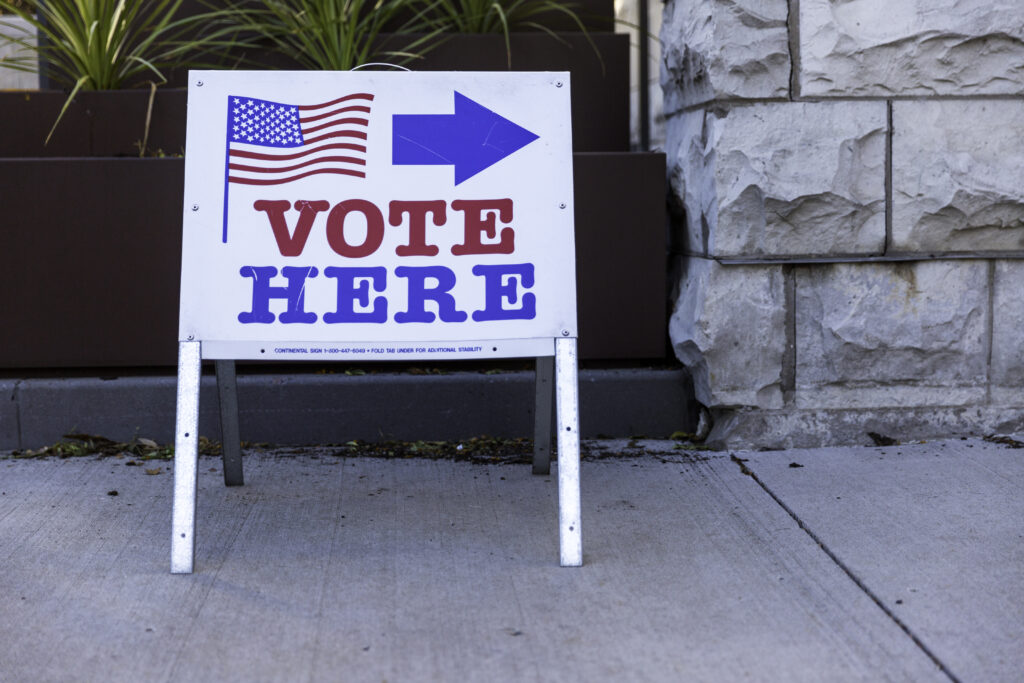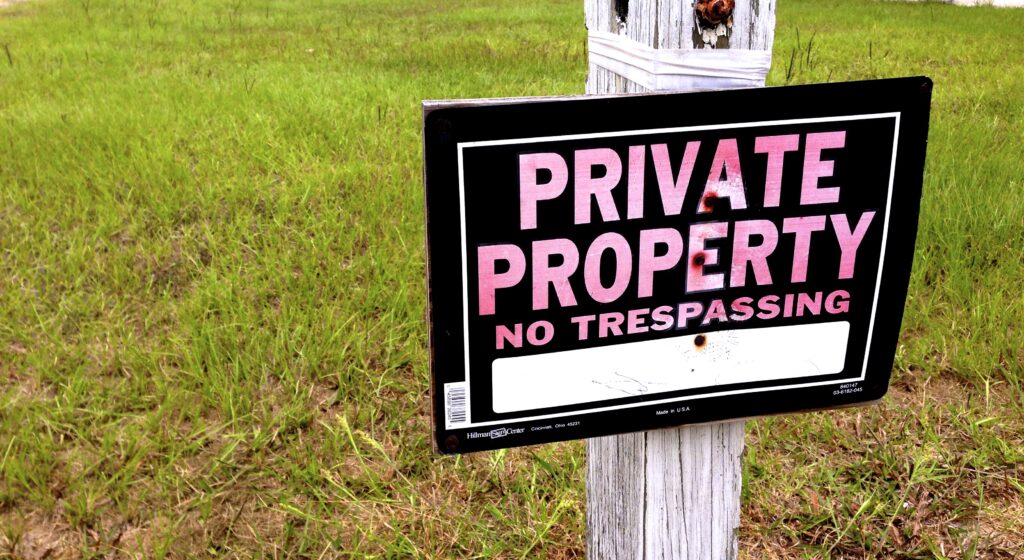Lawmakers in Madison, Wisconsin are proposing to use taxpayer funds to create a new government-owned Internet service provider that they hope will be able to compete with private-sector companies already providing Internet access and services to consumers.
City officials have hired a consulting firm to examine the feasibility of expanding local government data networks to provide universal wired-Internet coverage to everyone in the city.
‘Opportunity for Cronyism’
Chris Rochester, communications director for the John K. MacIver Institute for Public Policy, a Wisconsin-based think tank, says taxpayers can’t afford the cost of corruption associated with municipal broadband projects.
“I think cronyism polls pretty poorly, and the government getting into the Internet business is an opportunity for cronyism, by getting government involved in what should stay the business of the private sector,” Rochester said. “More cronyism certainly isn’t in the public interest.”
Doing IT Better
Rochester says the on-ramp to the information superhighway is littered with failed municipal broadband projects.
“Chattanooga spent $111 million in federal stimulus funds on a $300 million project,” Rochester said. “We see how large amounts of taxpayer money are being spent on projects that private business can and does handle more efficiently and effectively. When government wants to get involved in something, you always have to ask why. I don’t see a compelling answer here, other than government trying to grow its reach and go far beyond its purpose.”
Good Intentions, Bad Results
Tom Struble, policy counsel with TechFreedom, a nonpartisan public policy think tank focusing on digital issues, says municipal broadband projects’ costs often exceed their benefits to taxpayers.
“Unfortunately, those programs are rife with waste, fraud, and abuse,” Struble said. “For each municipal broadband success story, there is a similarly tragic story to be told of well-intentioned city officials trying to improve their citizens’ broadband but succeeding only in building a failed network with cost overruns and impending bankruptcy, leading the public network to be sold to a private company at a huge loss, [which is] ultimately borne by the local taxpayers.”
Struble says Madison taxpayers should instead enact commonsense reforms that promote private-sector telecom investment.
“If Madison wants to better serve the communication needs of their citizens, they should focus on adopting smart infrastructure policies that make it easier for existing providers to upgrade their networks and for new providers to enter the market,” Struble said.
Jenni White ([email protected]) writes from Luther, Oklahoma.




